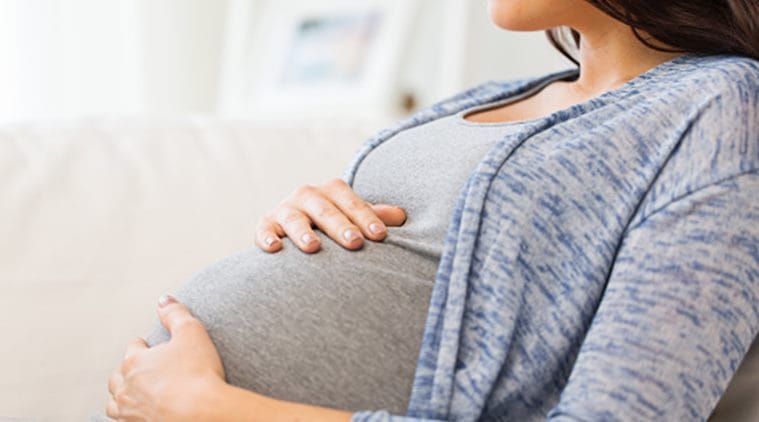Despite being initially documented in medical literature over 150 years ago, Tokophobia still remains largely unrecognised within the obstetric community.

Having a baby is usually associated with a lot of joy and excitement. Still, there is small percentage of women (3-15 per cent) who have an intense anxiety or fear associated with pregnancy and childbirth. In medical terms, such a fear is known as Tokophobia, which is derived from a Greek word ‘tokos’ meaning childbirth and ‘phobos’ meaning fear.
Despite being initially documented in medical literature over 150 years ago, Tokophobia still remains largely unrecognised within the obstetric community. The fear of pregnancy can result in an avoidance to get pregnant or even, as birth control methods are never 100 per cent effective, an avoidance of sexual intercourse.
ALSO READ | Basophobia: All you need to know about the fear of falling
Tokophobia is of two kinds — primary, which affects women who have not experienced childbirth, and secondary, which affects women who have experienced childbirth before. The reasons for experiencing Tokophobia may be complex, with some women fearing for their child’s life, while others fearing the unknown and even the uncertainty associated with labor and birth process.
“Women may also lack trust in obstetric services or fear being left alone in labor,” says Prof Suneeta Mittal, director and head, Department of Obstetrics and Gynecology, Fortis Memorial Research Institute.
Some of the risk factors include:

*Anxious personality type
*Previous sexual abuse
*Past traumatic birth or any traumatic experience in health care
*Previous miscarriages
*Long duration of infertility
*Smoking
*Low social support and conflicts in marital relationship.
ALSO READ | Trypanophobia: All you need to know about the fear of injections or needles
“Sometimes friends and family also contribute to the fears by recounting their own painful or traumatic experiences. Often this fear of childbirth motivates the request for an elective caesarean section. Additionally, the fear of labor pain is strongly associated with the fear of pain in general. Anxiety during the antenatal period has been associated with an increased risk of postnatal depression and poor infant mother bonding,” adds Prof Mittal.
Recognising the condition and treating it through counseling and family support can help reduce the severity and ensure effective treatment. If woman is primiparous, the expectation of unknown pain preoccupies her throughout pregnancy with extreme anxiety. If she is already a mother, she is terrified of possible obstetric injuries, lack of pain control, absence of husband or family support and sometimes loss of the baby’s, or her own life. Many overcome their anxiety with the help of their husband, family or friends and the obstetrician’s support.
ALSO READ | Agoraphobia: All you need to know about the fear of being in open or closed spaces
“We recently had patient who was very anxious to conceive. But she managed to achieve pregnancy with appropriate diagnosis and treatment. She, however, was constantly under morbid fear of childbirth and its consequences. All through the nine months of her pregnancy, she suffered from tokophobia. But with proper counseling and support, she finally delivered normally with a good outcome,” says Prof Mittal.
Source: Read Full Article
